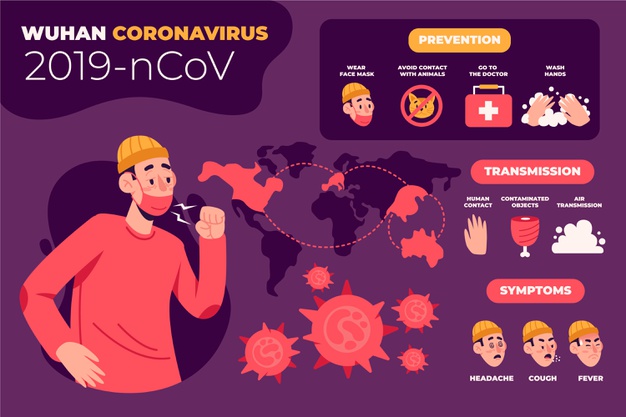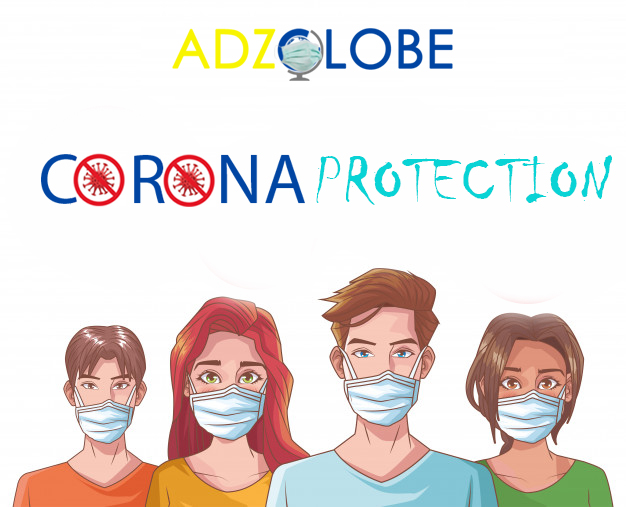Travel: While the government has not provided any directives in this regard, university faculty, staff, and students may be advised to postpone or avoid discretionary professional or personal travel to countries with high levels of confirmed infections, i.e., China, South Korea, Italy, Japan and Iran. In case, the travel cannot be avoided, members of the university communities may kindly be requested to inform the focal point in advance of the travel, and register a cell number so that future information and alerts can be shared expeditiously. Travelers should also be advised to keep their cell phones fully charged and operational, and to check emails and messages every day. Travelers may also be advised to keep a full supply of their essential medicines, in case travel gets interrupted or delayed.
Donate to the Coronavirus Relief Fund
Your donation to this fund will help stop the virus's spread and give communities on the front lines of the crisis the resources they need to act quickly and protect the most vulnerable. Adzglobe will match up the donation up to 35000 $
Precautionary Actions:
people can protect yourself the same way you would protect for other viruses with a few common-sense practices:
1 . Wash hands thoroughly and often, with soap, for 20 seconds. Please make sure to clean between fingers and under nails.
2 . Avoid shaking hands, especially with those who appear to be ill
3 . Avoid touching your eyes, nose and mouth as much as possible.
4 . Disinfect shared surfaces, such as doorknobs, bathroom taps, or table tops
5 . Stay home when you are sick.
About Novel Corona Virus:
An outbreak of a novel corona virus (2019-nCoV) was first reported from Wuhan, China, on 31 December 2019. With the rapidly evolving epidemiological situation, the WHO has now declared the outbreak to be a public health emergency of international concern (PHEIC). Early on, most patients most likely had animal-to-person spread, but now indications are that person-to-person spread is occurring. Most often, spread from person-to-person happens among close contacts (about 6 feet), mainly via respiratory droplets produced when an infected person coughs or sneezes. It's currently unclear if a person can get 2019-nCoV by touching a surface or object that has the virus on it and then touching their own mouth, nose, or possibly their eyes. Typically, with most respiratory viruses, people are thought to be most contagious when they are most symptomatic (the sickest). With 2019-nCoV, however, there have been reports of spread from an infected asymptomatic patient.
Please share the Awarness to others also !!!

What is the coronavirus?
This novel virus belongs to the family of coronaviruses. Coronaviruses form a large family of viruses, and the illnesses they cause can range from common cold to more severe diseases such as the Middle East Respiratory Syndrome (MERS) and Severe Acute Respiratory Syndrome (SARS). #By Adzglobe Team #

